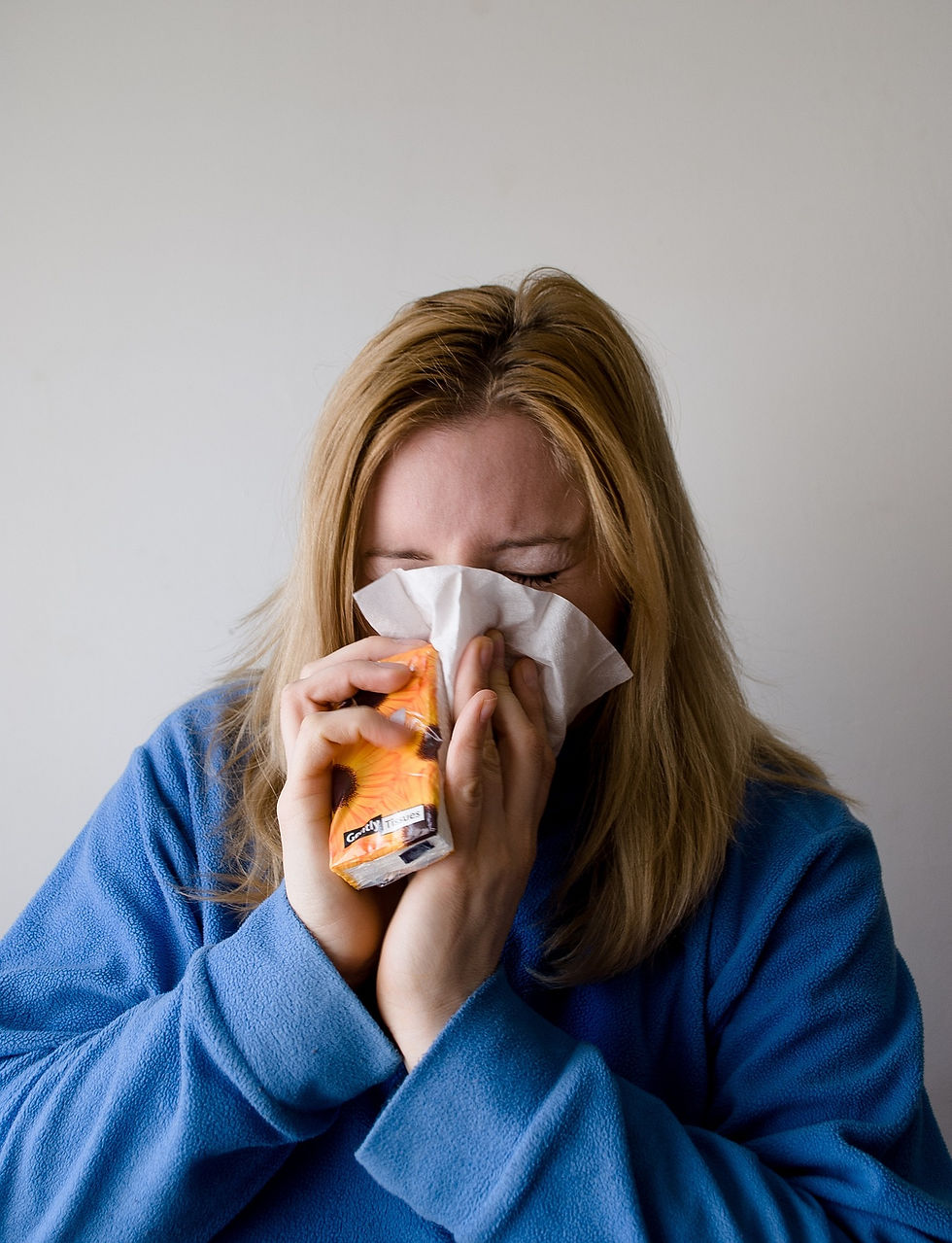
According to the Environmental Protection Agency, we spend 90% of our time indoors, and that indoor air can be 3-5 times worse than outdoors. This is due to the fact that our homes are tightly sealed to increase energy efficiency; good for your energy bills, not so good for allergies.
When outdoor ventilation is insufficient, pollutants such as dust and volatile organic compounds (VOCs) could get trapped, irritating your allergies. You can improve your indoor air quality with clean air, housework, and vacuuming. However, if you’re still having allergy problems while at home, consider purchasing an air purifier.
While air purifiers can’t eliminate pollutants that have settled on your furnishings or flooring, they can help clean the air moving around your residence. There are two kinds of air purifiers to think about: a portable air purifier or a whole-home air purifier.
A portable air purifier is for one room.
A whole-house air purifier works with your home comfort system to treat your full residence.
What’s the Best Air Purifier for Allergies?
Look for an option with a High Efficiency Particulate Air (HEPA) filter. HEPA filters are used in hospitals and can trap 99.97% of particles in the air. They are even more effective when installed with an ultraviolet (UV) germicidal light. This combination can wipe out dust, dander, pollen and mold.
Want to move forward with adding a whole-house air purifier? Contact 72 Degrees Comfort Company at 515-965-7272 or email us at office@72degrees.com.


Comments